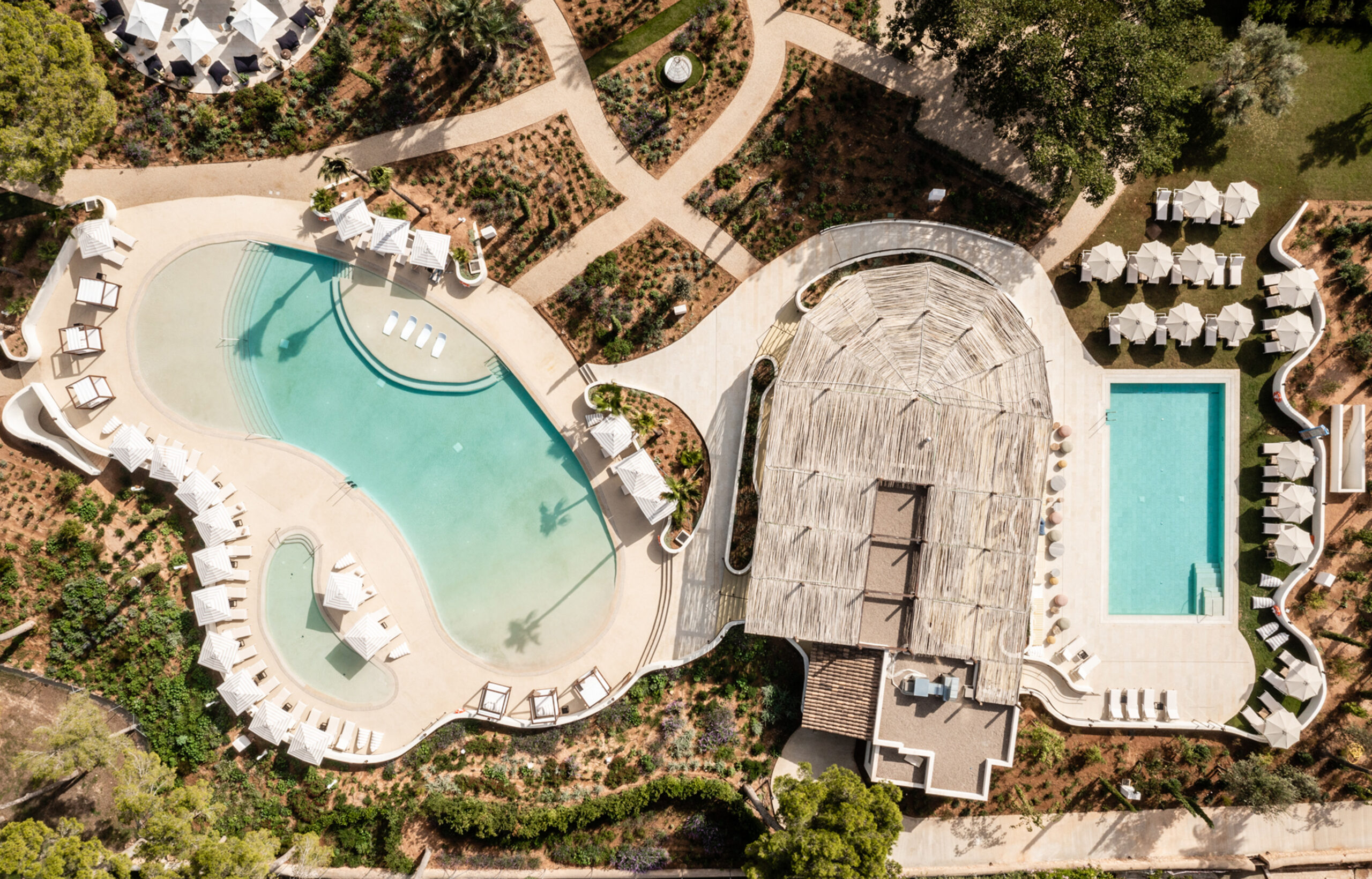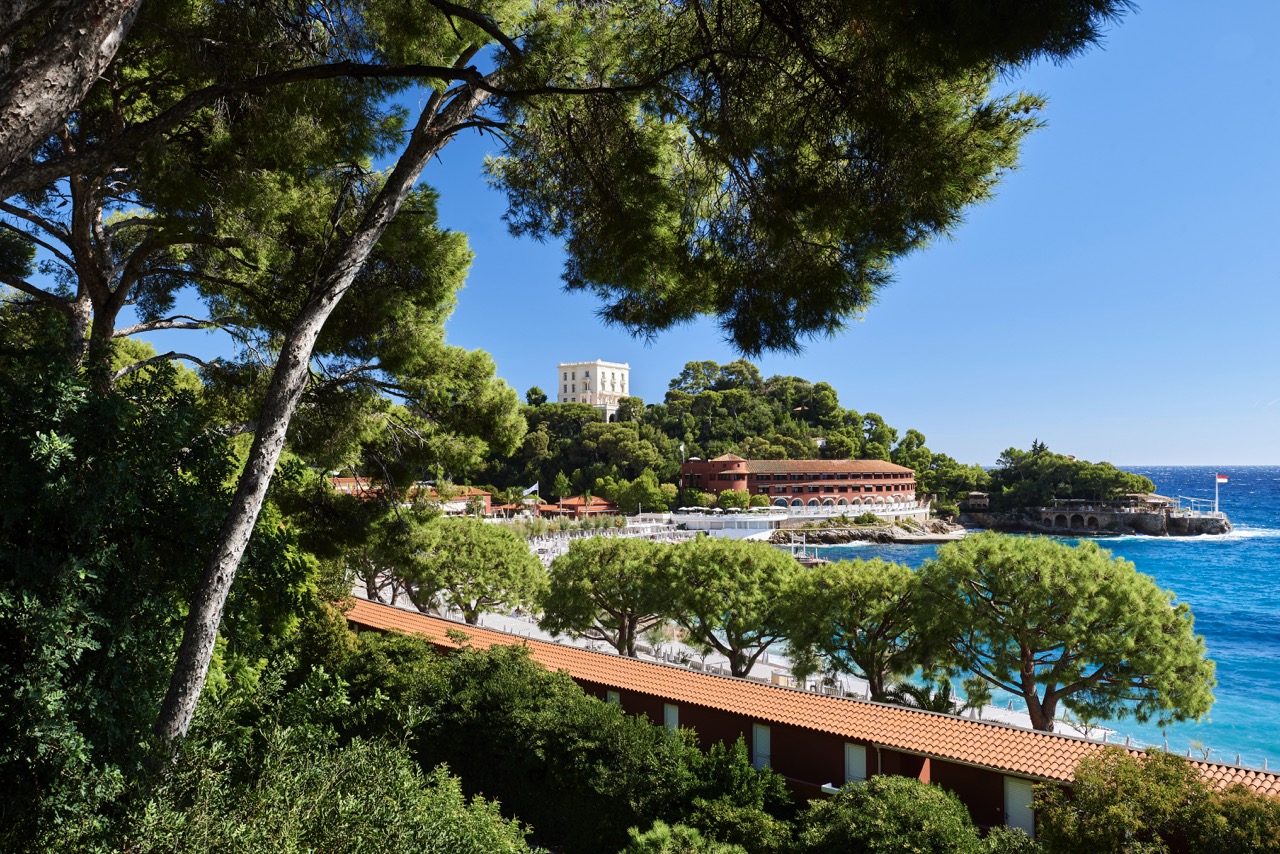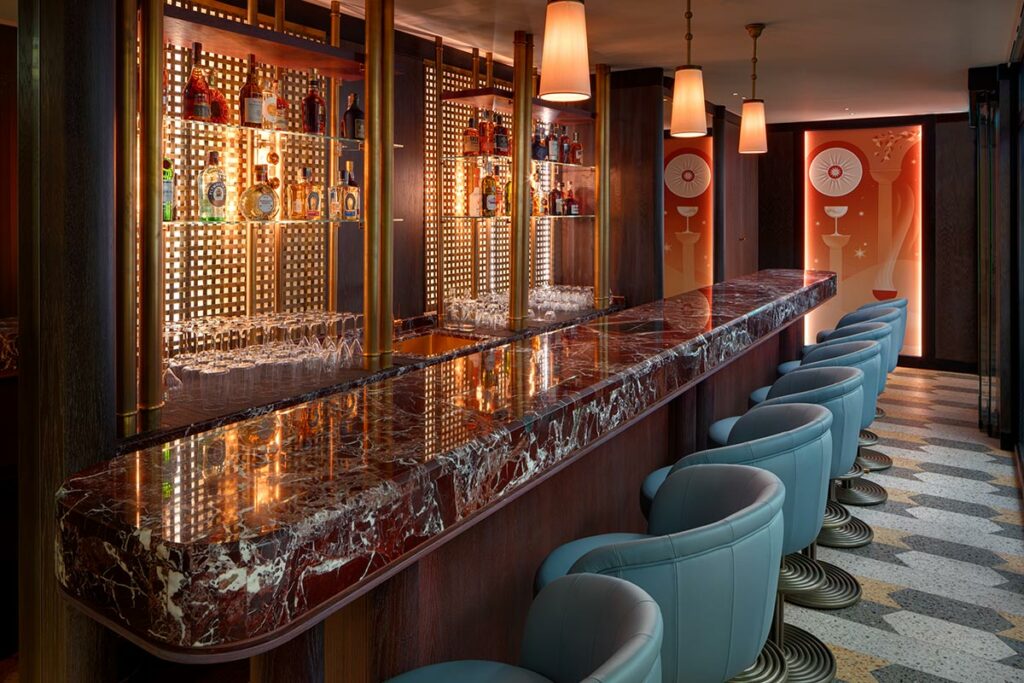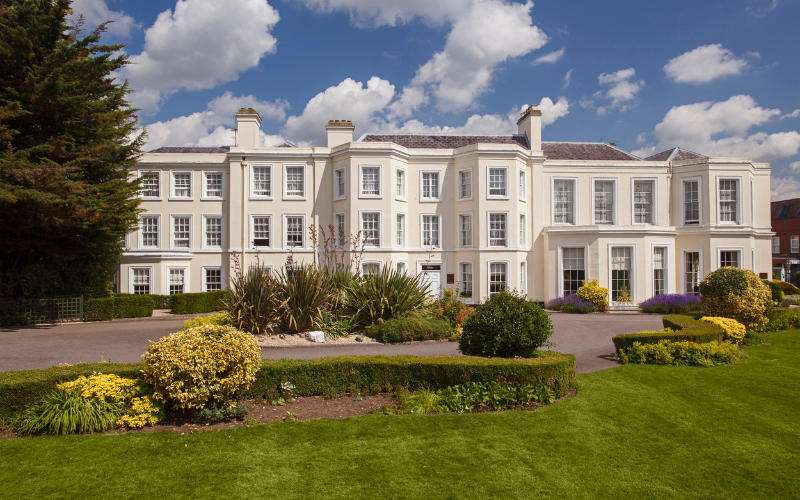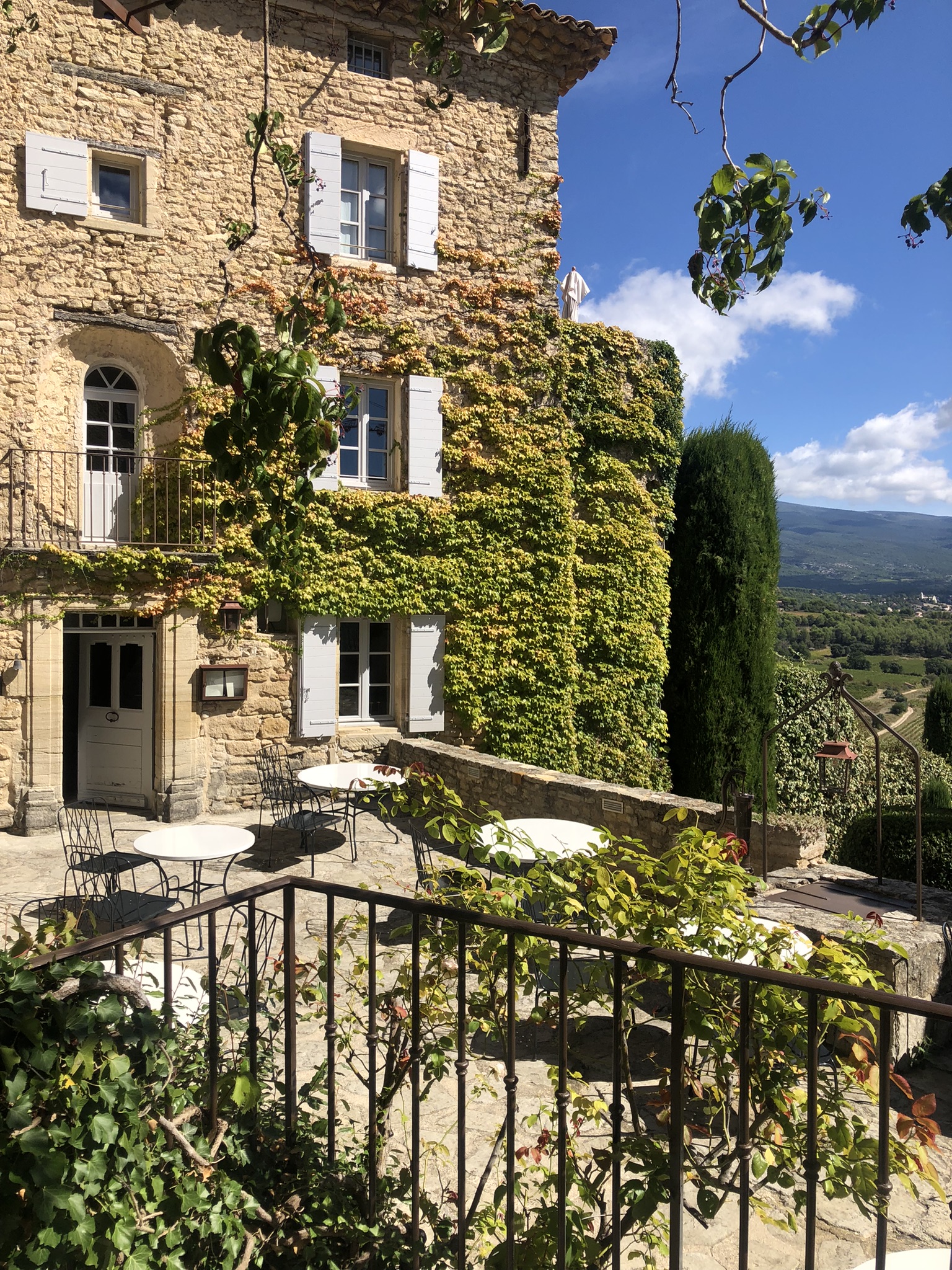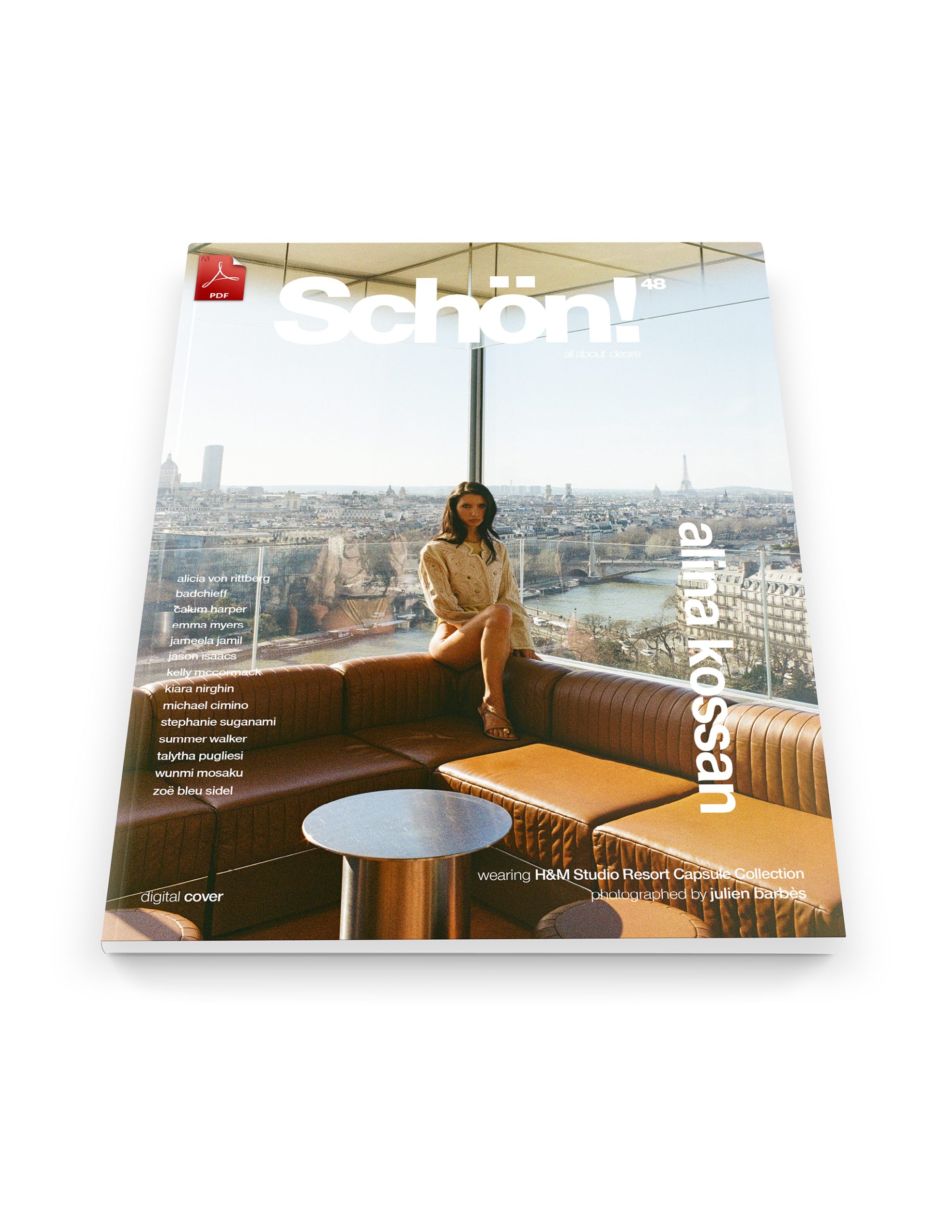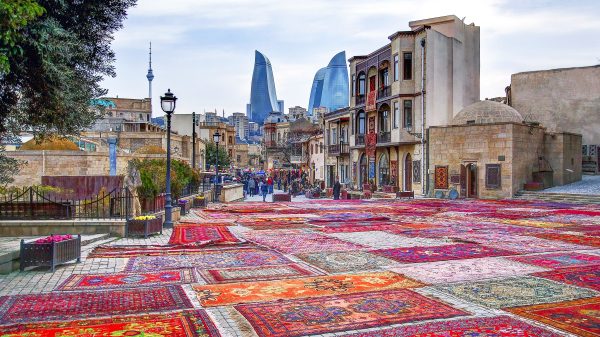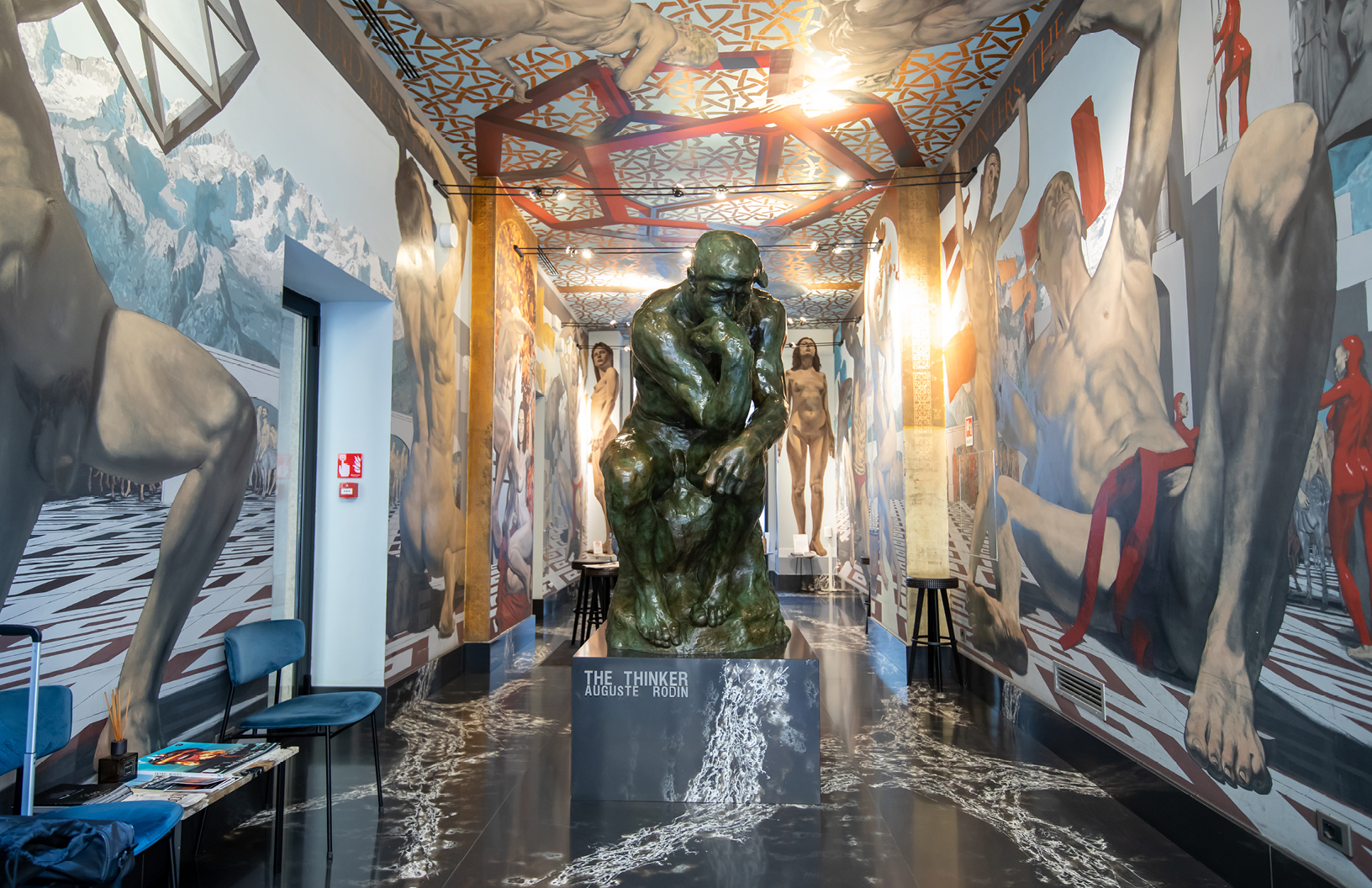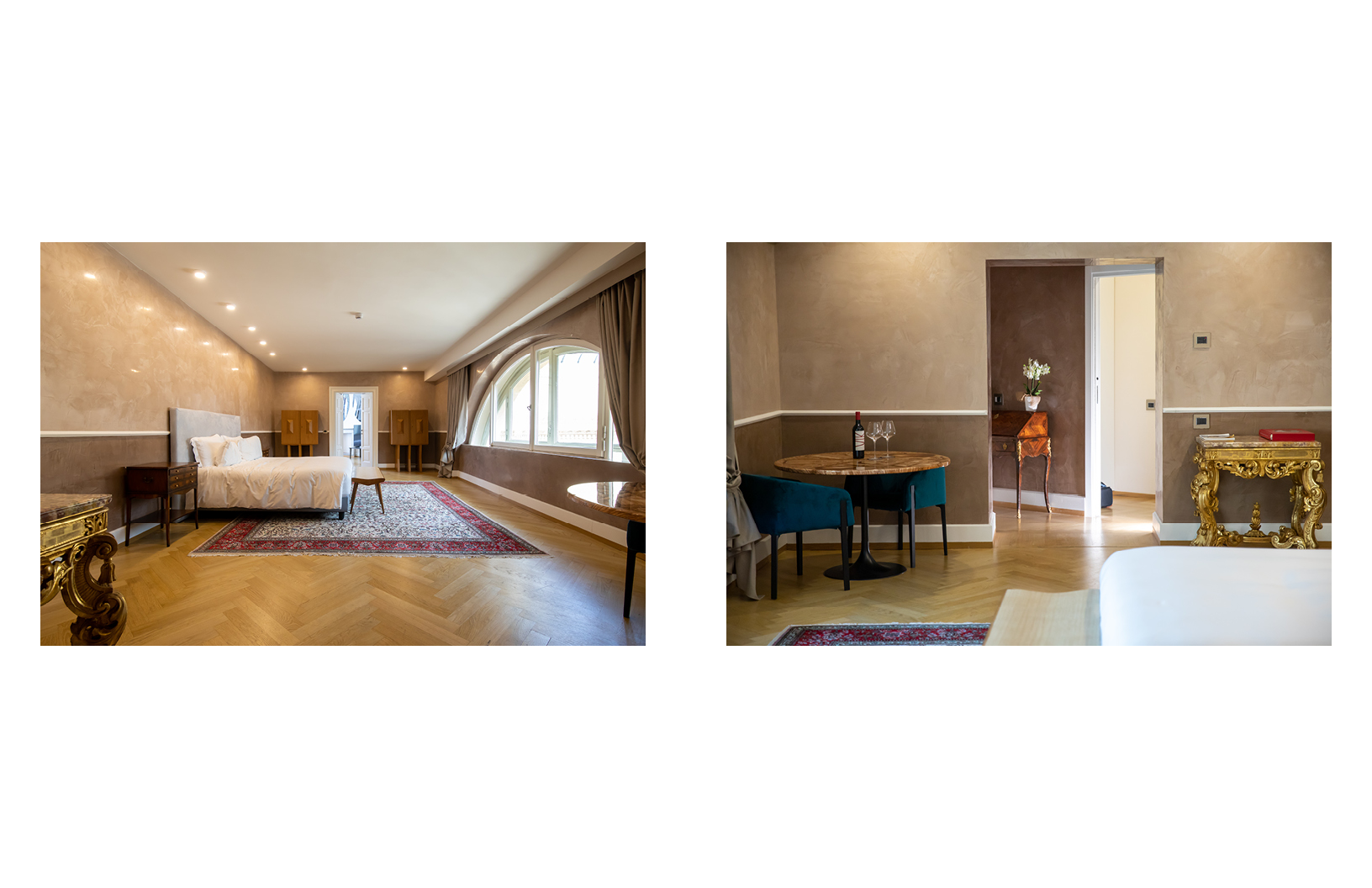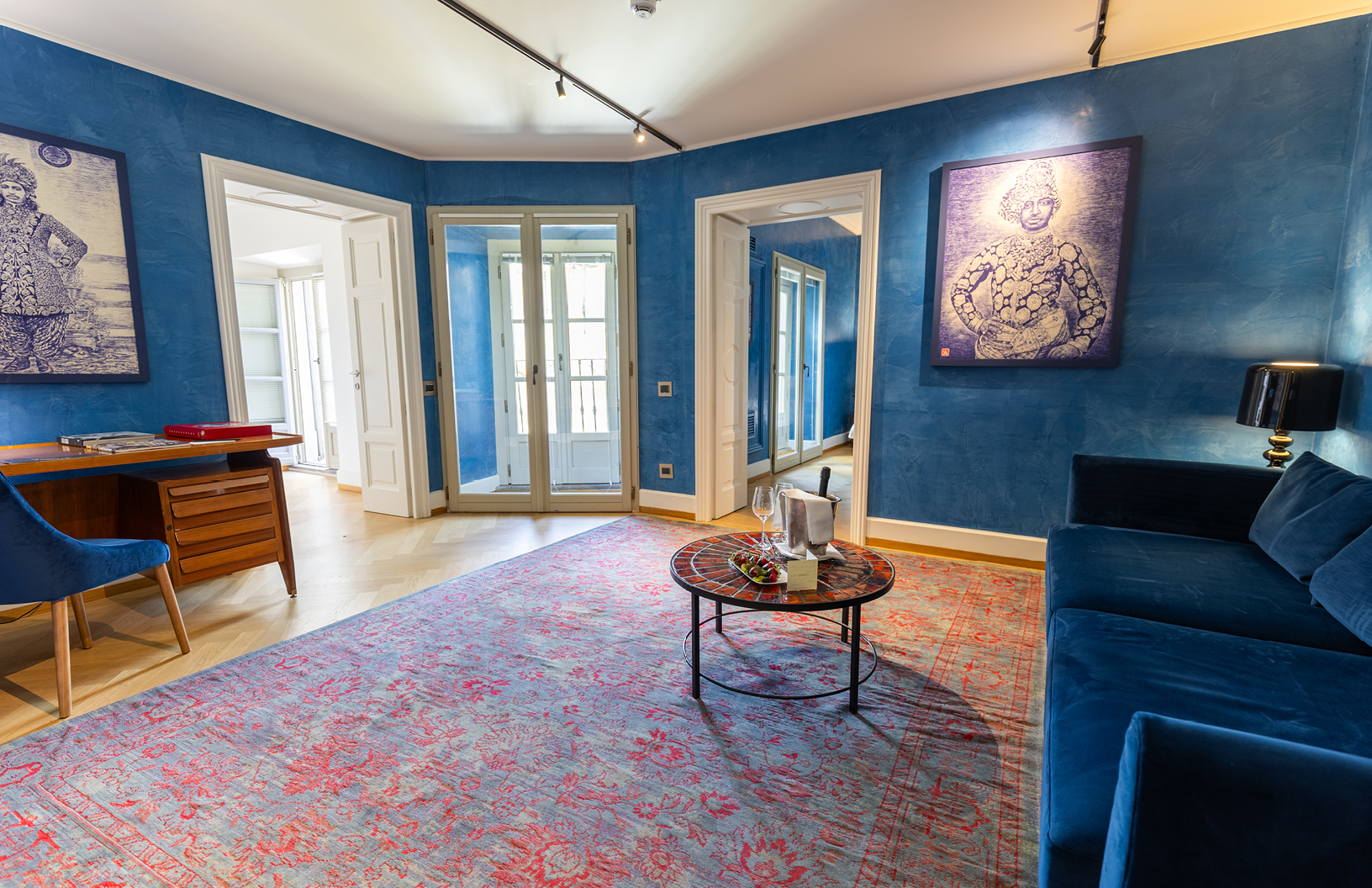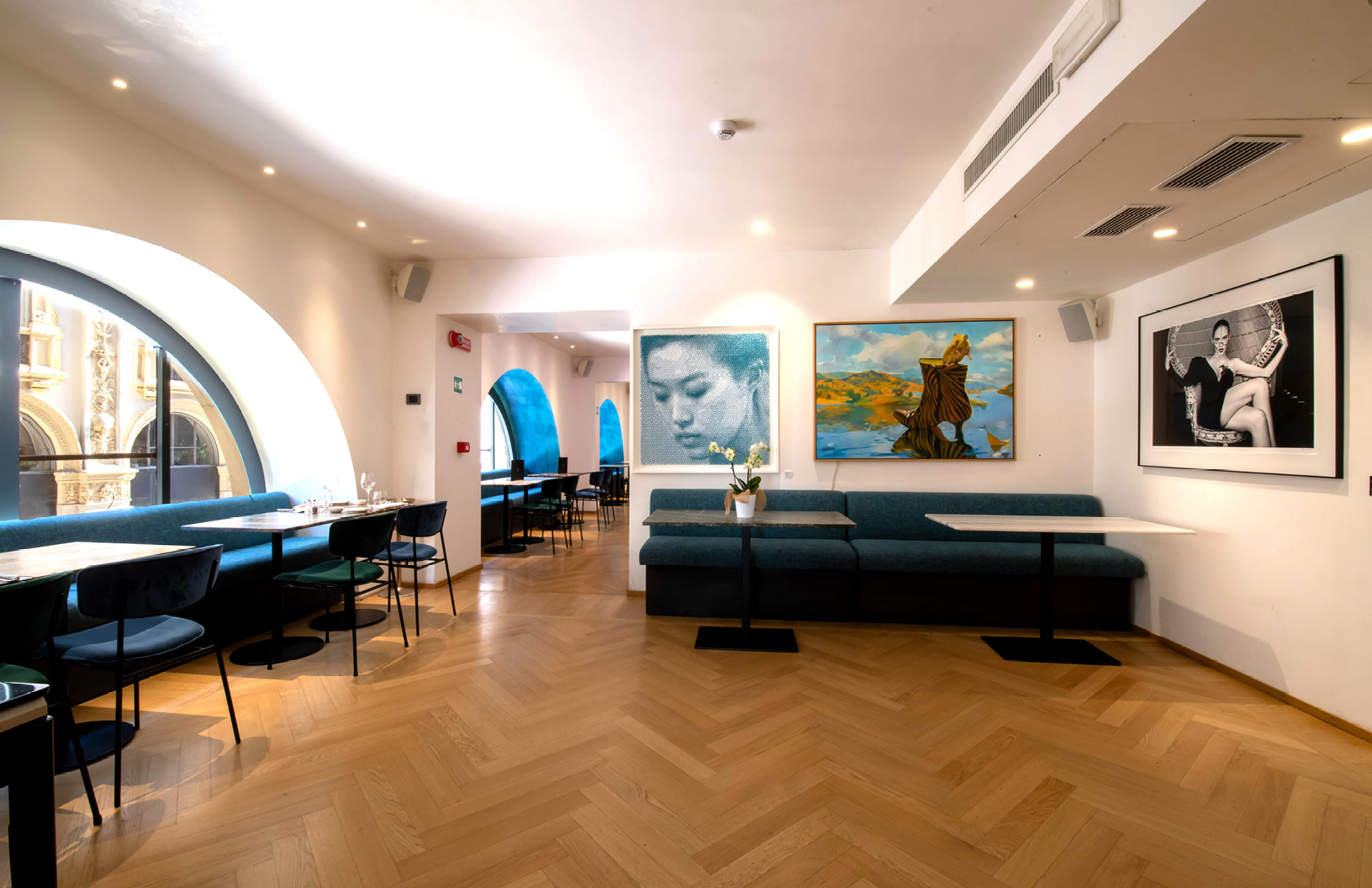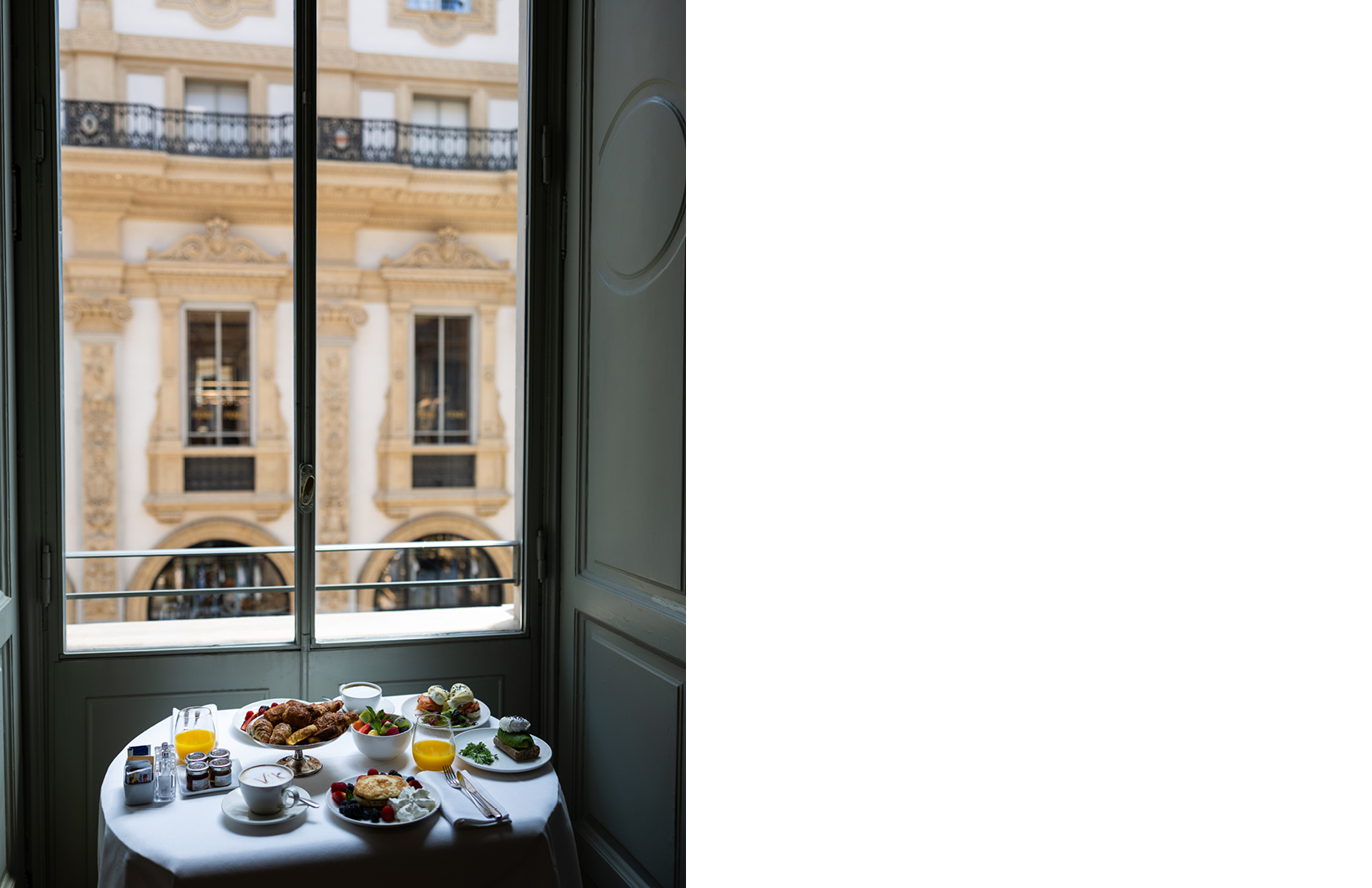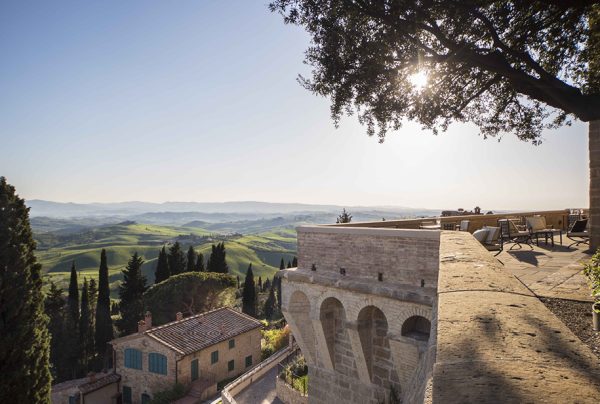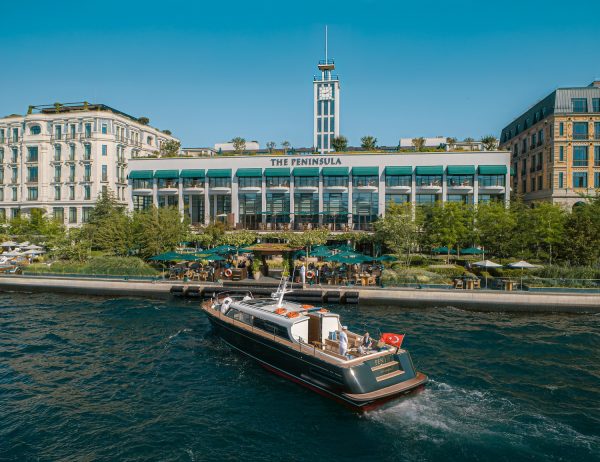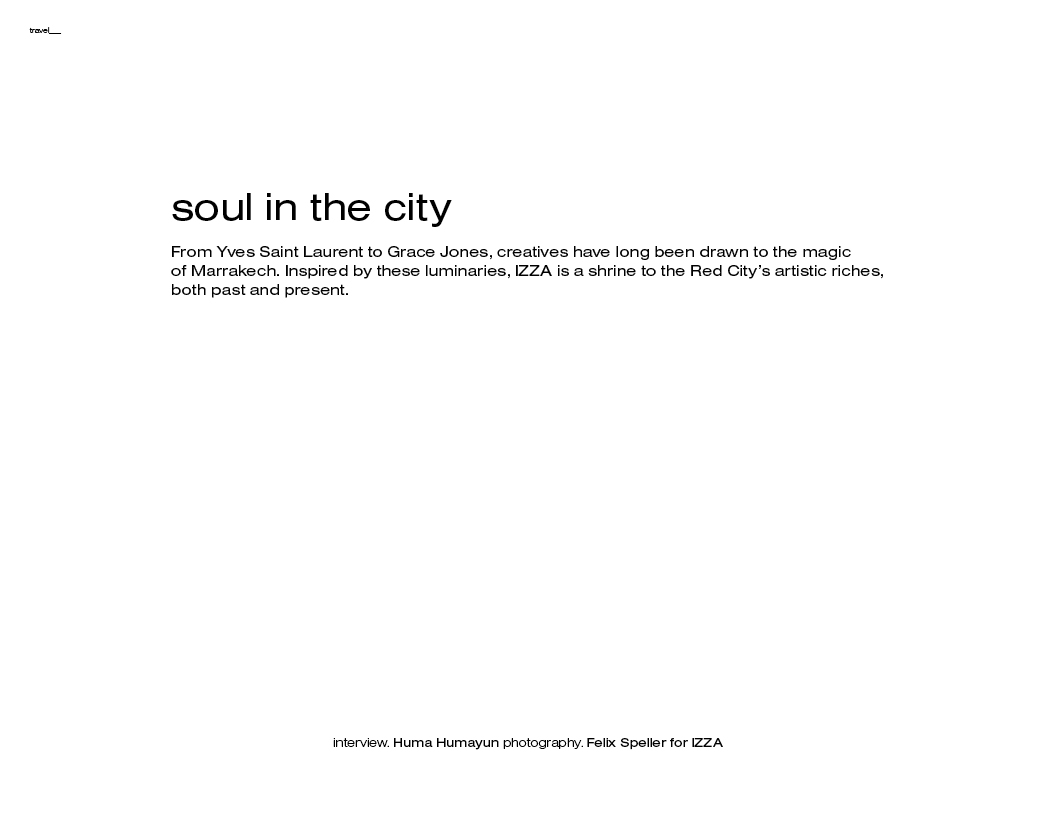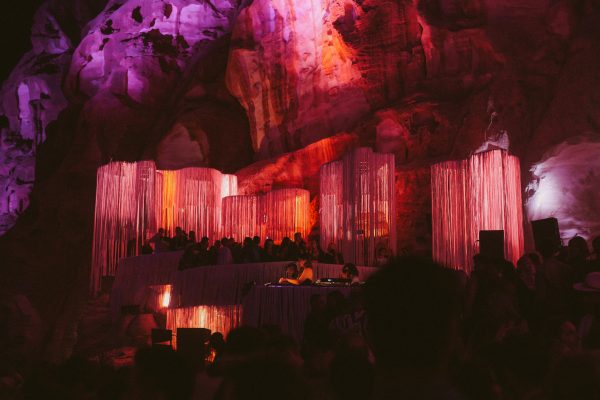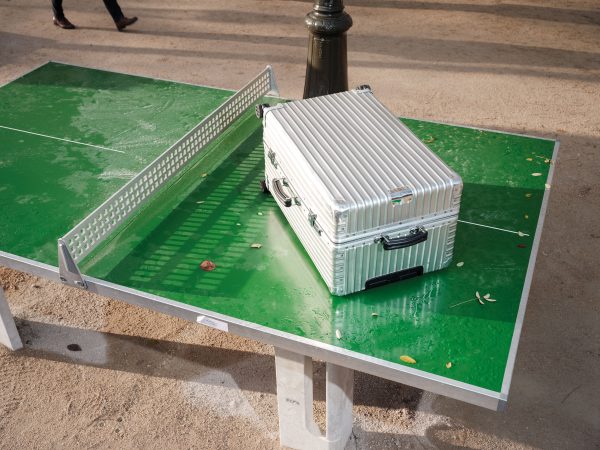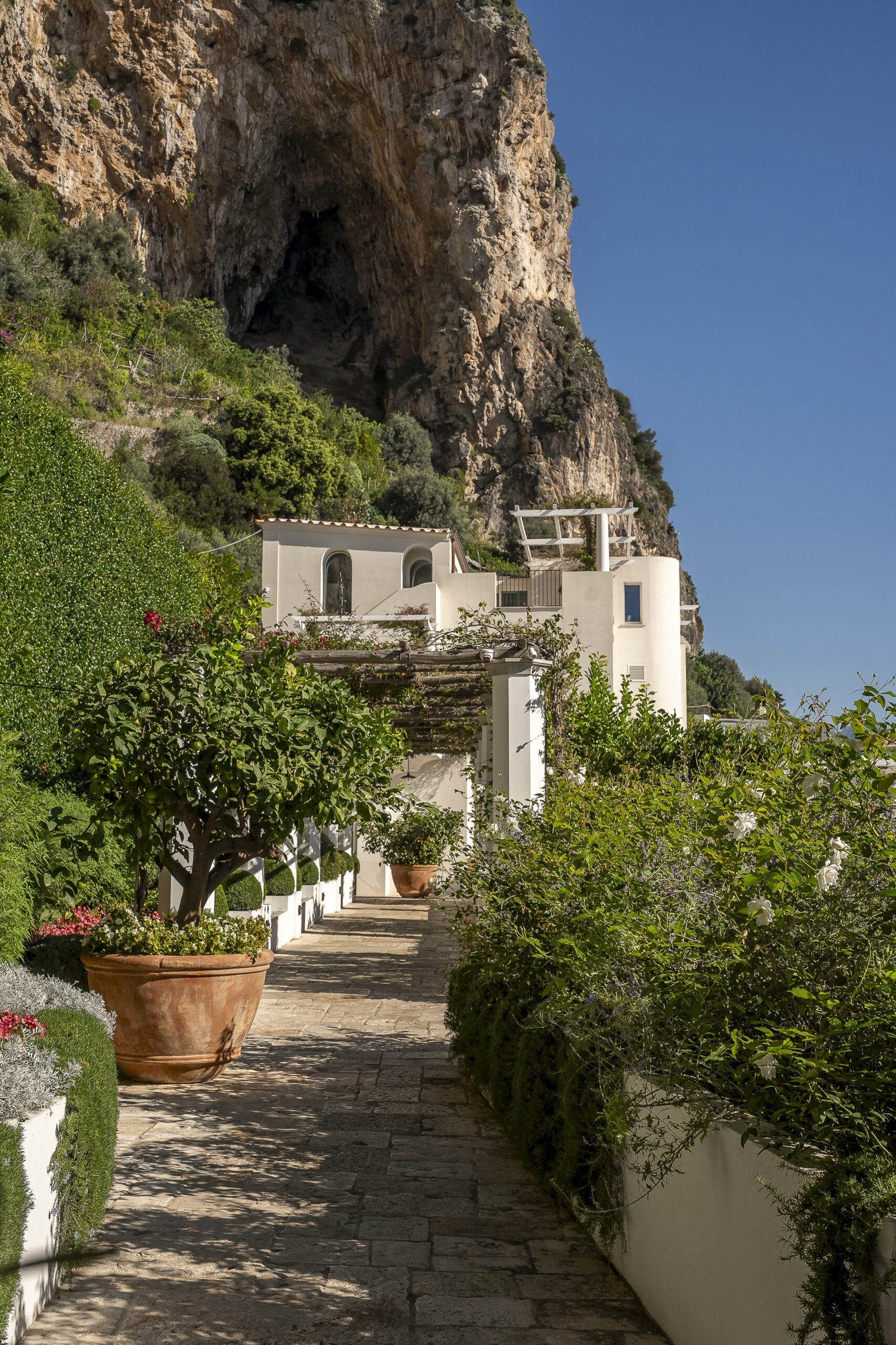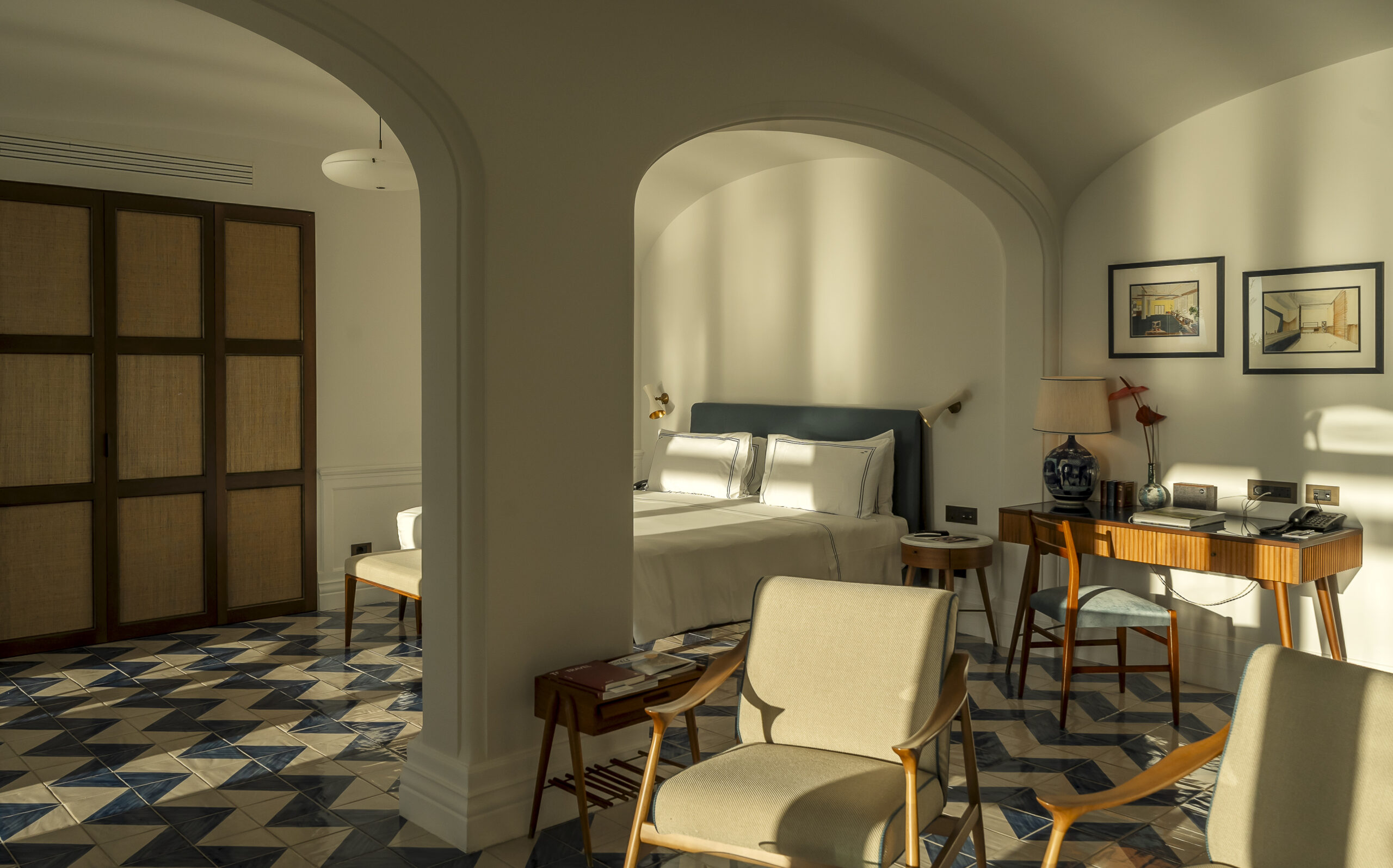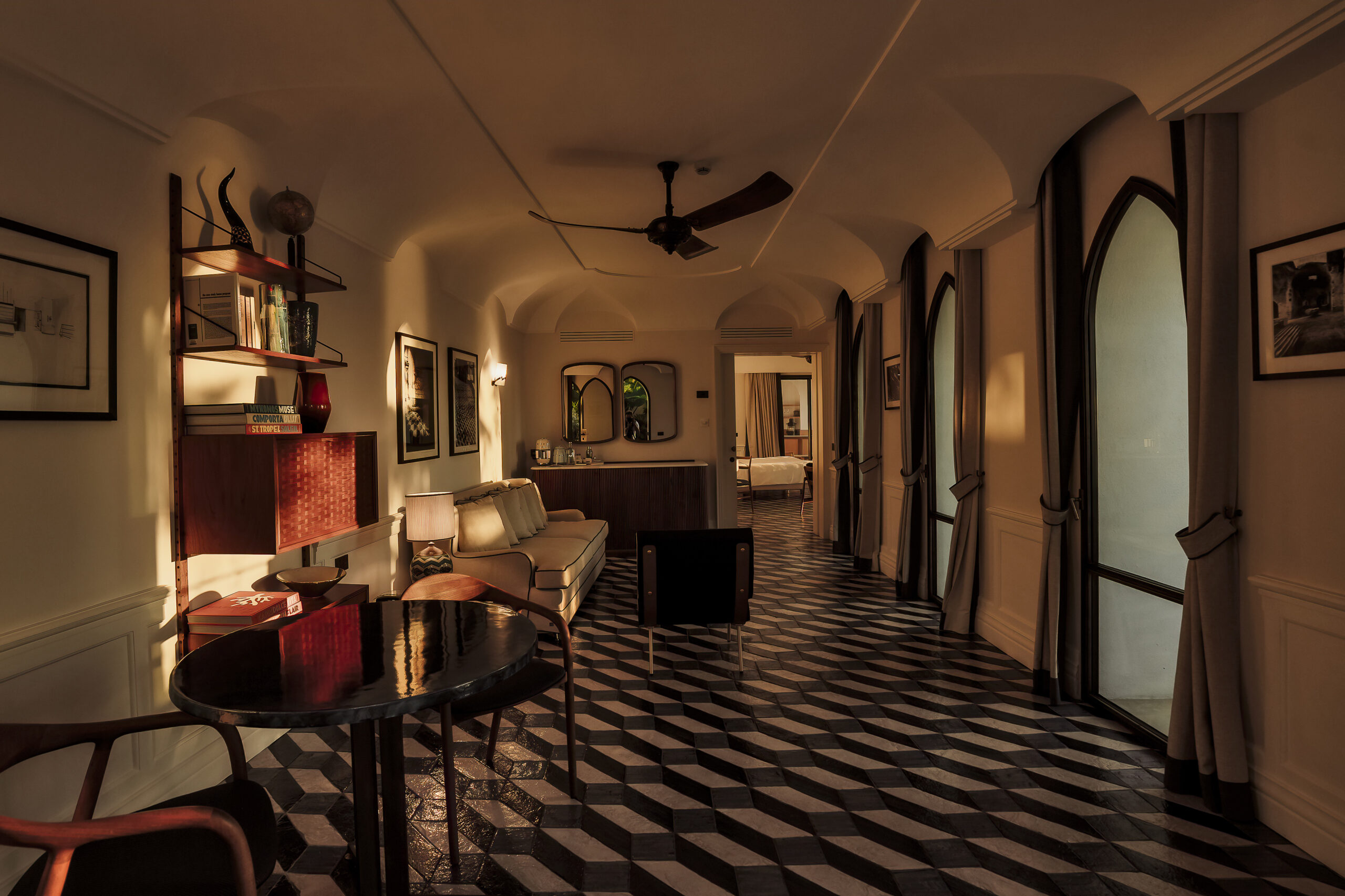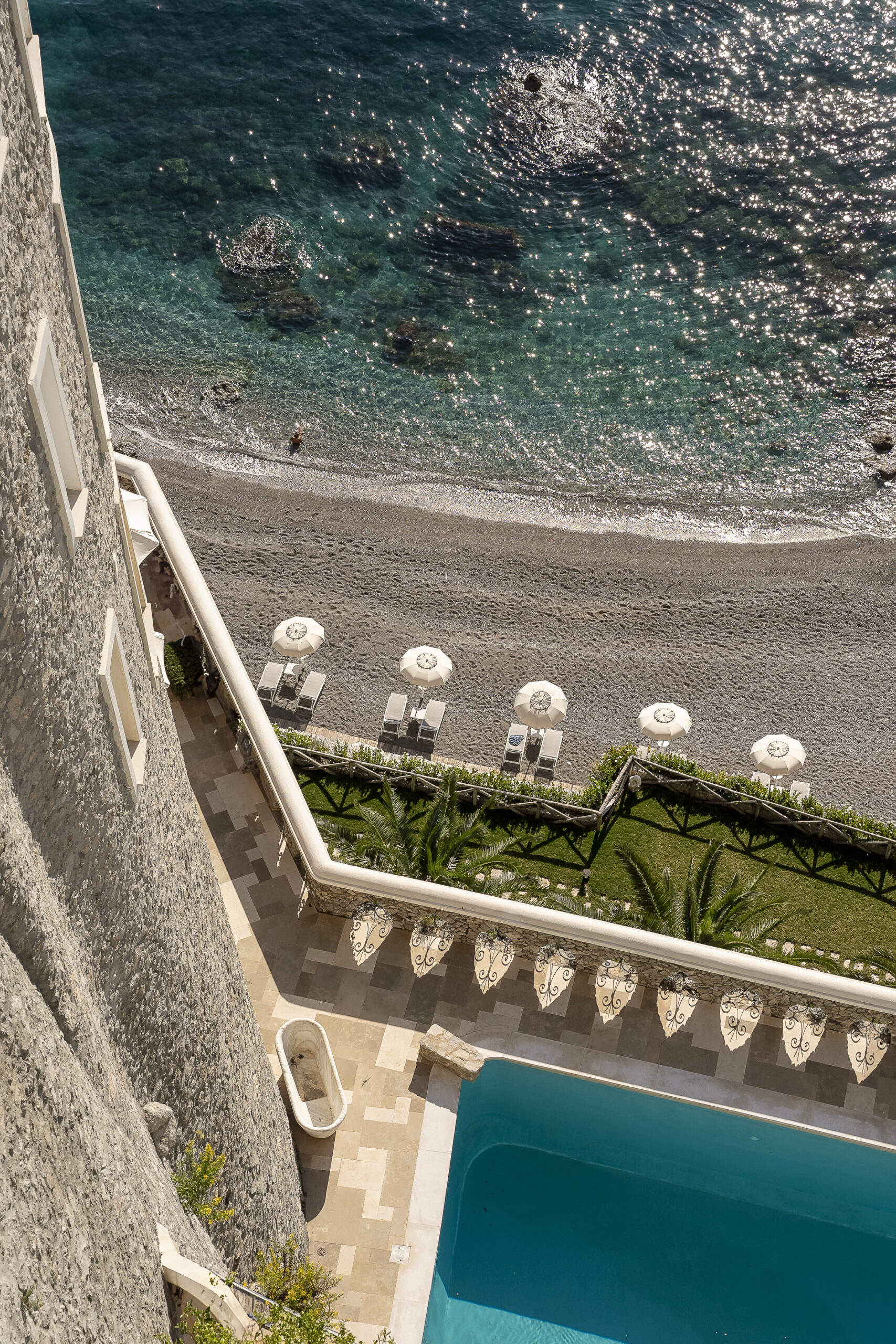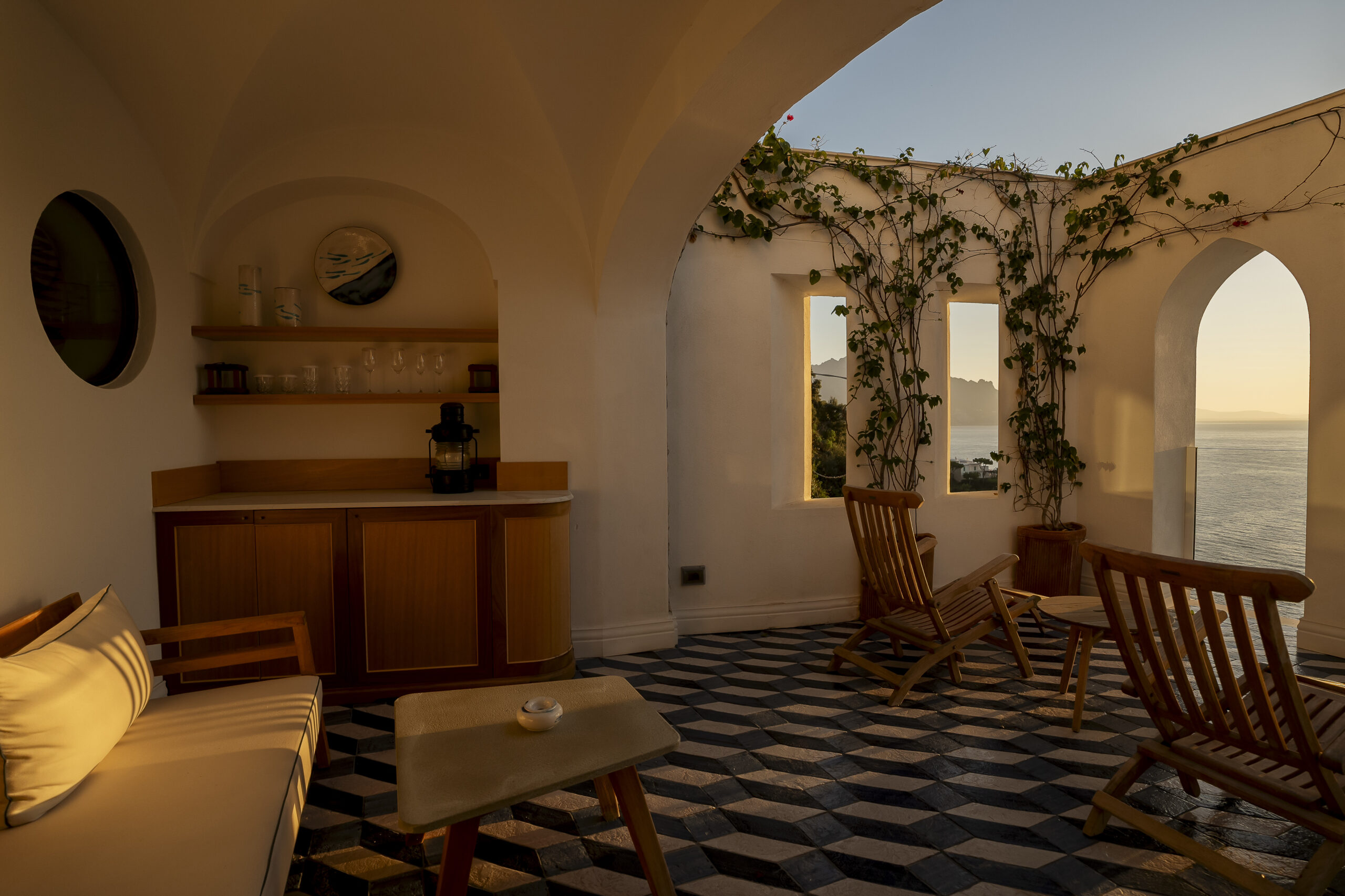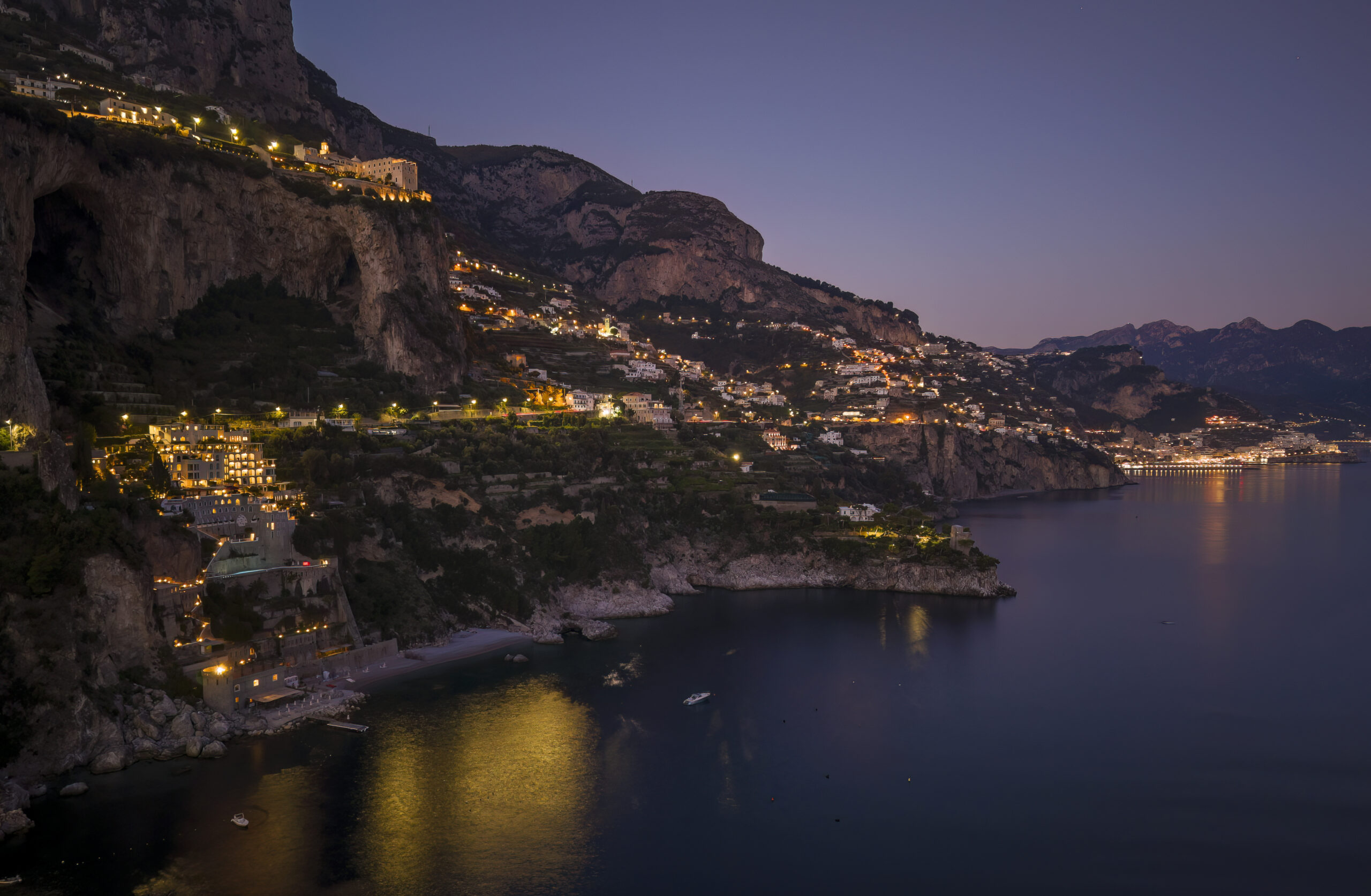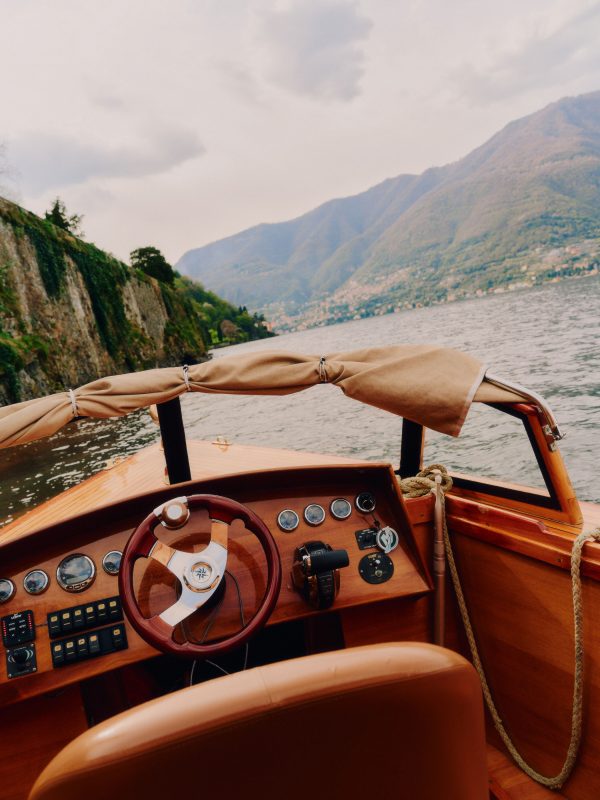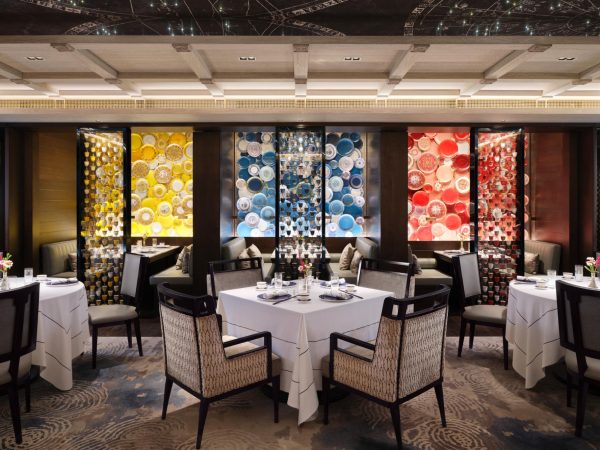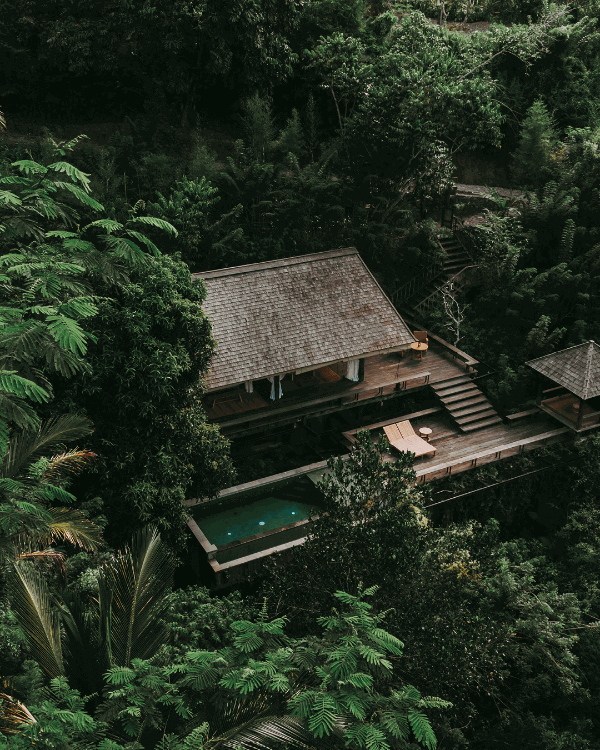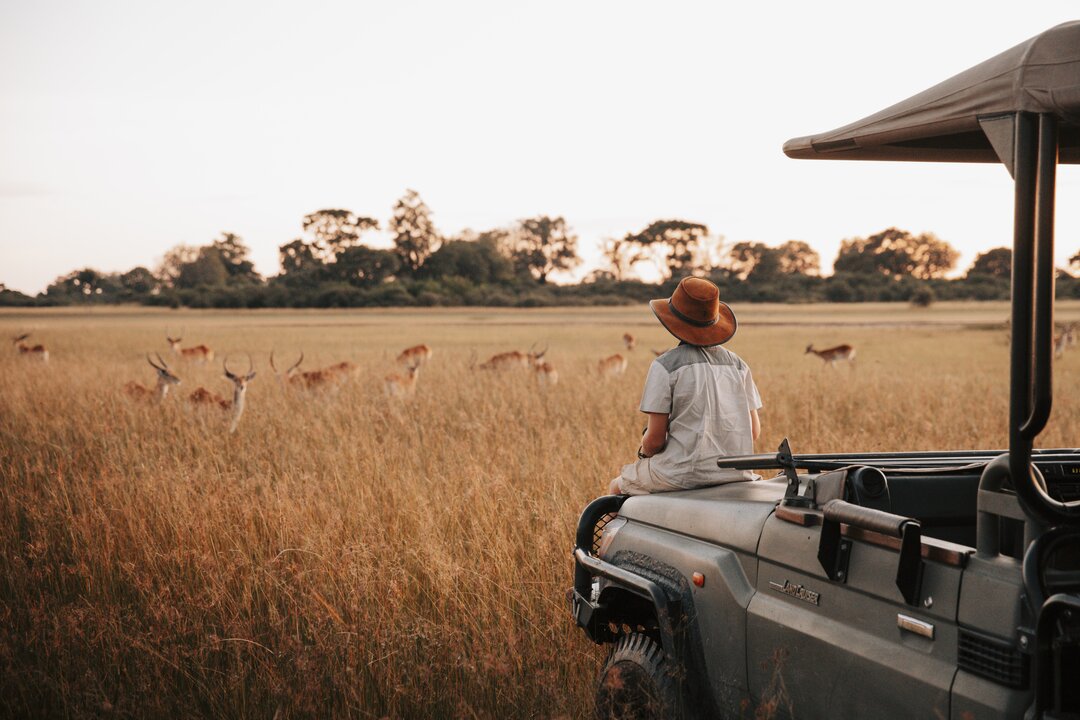
When looking into booking a bucket-list safari holiday, it’s easy to get distracted by the epic landscape photography and promises to come face-to-face with lions, elephants, giraffes and all other kinds of incredible wildlife we only see in documentaries. But who are the people behind all this? How do they feel playing an instrumental role in the wild and often tempestuous landscape? With the rise of ecotourism and travellers wanting to make a more positive impact to the planet, the world of conservation and hospitality can be a tricky road to navigate.
Schön! sits down with Keith Vincent — CEO at Wilderness, a world-leading conservation and hospitality company, that started in 1983 and offers visitors incredible adventures that positively impact conservation and communities. With more than 60 camps and lodges operating over eight countries, Wilderness helps protect around 2.3 million hectares (6 million acres) of exclusive wilderness. Their goal? To double that by 2030.
Wilderness is celebrating its 40th Anniversary this year — congratulations! How does it feel since you started way back in 1983?
It is both humbling and extremely rewarding to be part of a company that has pioneered conservation tourism across Africa, making an enormous positive impact to community empowerment and critical conservation needs over the years. Wilderness has demonstrated the sustainability of our high-value, low-impact tourism model as the best use of huge tracts of pristine wilderness, and in doing so we have managed to grow our impact to help protect over 2.6 million hectares of pristine wilderness. We certainly haven’t done it alone, and as a pioneering collective we are extremely grateful for the ongoing support of our guests, trade partners, staff, like-minded stakeholders and government partners. We are now looking forward to the next 40 years, with exciting global expansion plans and a conservation vision to double our impact.
Tell me about your childhood. Was conservation something you were born into and grew up with? Or is it a different story?
I grew up in Zimbabwe and spent most of my childhood holidays in Hwange National Park, which remains my favourite holiday destination. I knew at an early age that I wanted to contribute to the conservation of the country’s wildlife, and the protection of its wilderness areas. I loved the outdoors and spending time in nature, and I became a professional guide in 1980. I then worked throughout Zimbabwe for various safari companies before settling in Victoria Falls in 1984. I began working for Wilderness in 1993 and have never looked back.
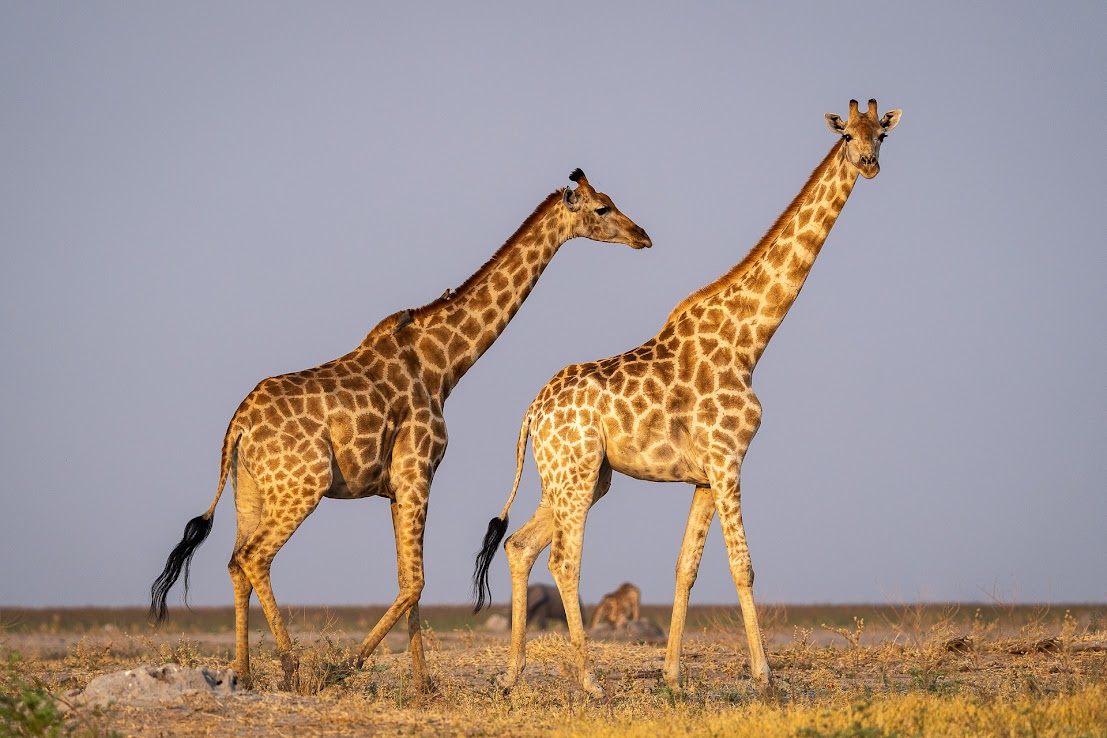
You have expansion plans outside of Africa for the first time. Could you tell me more about that?
Our purpose is to increase the world’s wilderness, together, and we have set ourselves the ambitious goal to double the amount of land we help protect by 2030, which is currently 2.6 million hectares. We believe we have the responsibility to increase our influence and to expand our successful tourism model to other geographical areas to help protect the world’s last remaining wilderness – in a way that is mutually beneficial to the local communities living around these areas; this is crucial for the long-term sustainability of conservation tourism in the future.
Wilderness has an amazing 60+ camps all over Africa. How do you and Wilderness work with the communities and cultures in the places you operate in?
The two sides of our business, hospitality and conservation, are deeply linked and work hand in hand to generate sustainable economic value for rural communities in our areas of operation. By hosting guests in our wilderness areas and running a successful conservation tourism business, we impact communities through park lease fees, employment and by using locally sourced produce in our camps. Our hospitality success dictates our conservation impact efforts as it enables us to support educational programmes, mitigate human-wildlife conflict, and facilitate ongoing empowerment, creating self-sustaining conservation economies within our communities. The more guests and partners we involve in our purpose, the greater the impact we can have in helping to protect these iconic, wild destinations. The celebration of our Wilderness culture, as well as all the individual cultures of all our people throughout our areas of operation is tangible at each and every camp our guests visit. Our culture is an intrinsic component of our business and truly embraced by over 3000 people who are part of our Wilderness family across the globe.
What do you want guests to take away from their Wilderness experience?
To not only experience unbelievable local hospitality and the wilderness adventure of a lifetime, but to be restored and inspired in a way that instils a deeper connection with nature. To be meaningfully impacted in a way that changes their perspectives on the planet and inspires further positive impact in their own lives, as well as encourages family and friends to choose to travel with us in the future – the more guests we can host and inspire, the greater impact we can make!
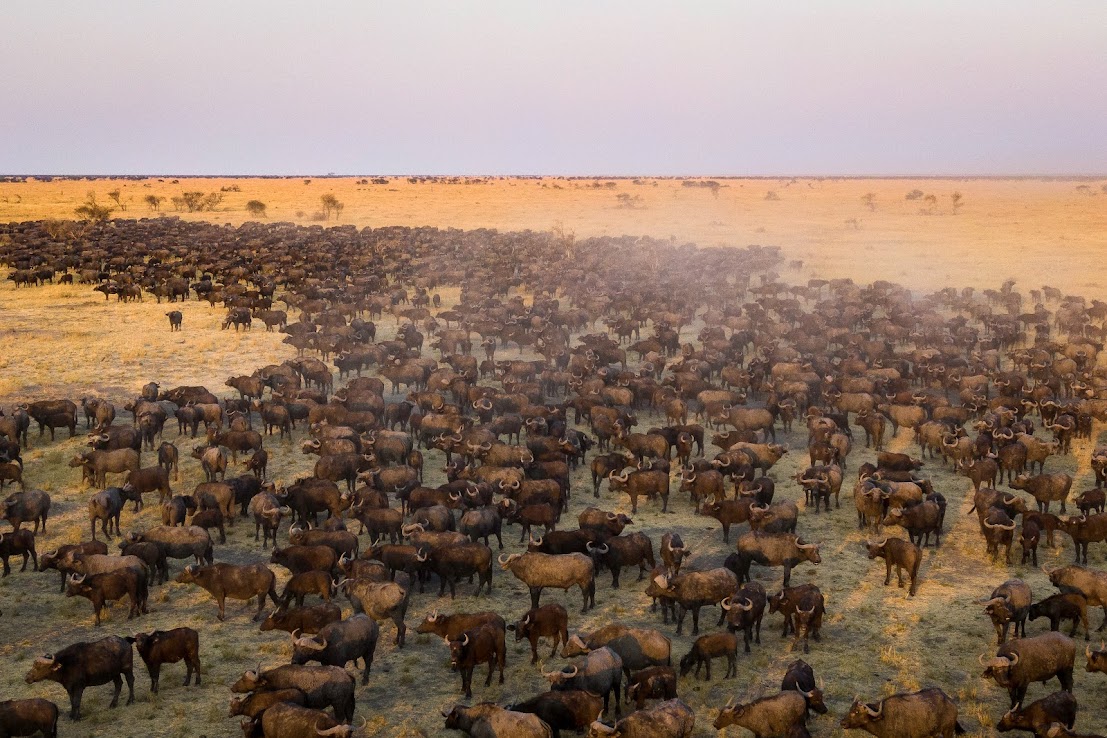
You must face a lot of challenges such as poachers and natural devastations. How do you combat and deal with this?
In all our areas of operation, we work closely with the various governments, national park authorities and a variety of like-minded non-governmental organisations in order to address the challenges we may face. A crucial component of our Impact Strategy is to address critical conservation and community empowerment concerns through three pillars: Educate, Empower and Protect.
Wilderness helps protect a staggering 6 million acres of land — and you’re aiming to expand even further. Could you tell me more about your aims to double the amount of land you conserve in the next decade or so?
Our business development team is working on various exciting projects to expand our positive footprint. At this point in time we can mention two new camps being built in Rwanda next year, one a completely new area in Botswana, and the rebuild of Desert Rhino Camp in Namibia. More to come…
Your job must be incredibly rewarding. What has your personal greatest achievement been since forming Wilderness?
Being a part of the team that will see us reach our goal of doubling the amount of land we help protect by 2030, and seeing our company grow to employ over 3000 staff. I am extremely proud of our people, both past and present, who have passionately shown up each and every single day to give all they’ve got to driving conservation tourism. Together, we continue to prove the success of our business model, and help conserve these huge tracts of wilderness that would otherwise be used for less sustainable land uses. I wake up proud every day knowing that our people are committed to this vision – that we will achieve our goal, and continue to make a positive impact to more wilderness areas across the world.
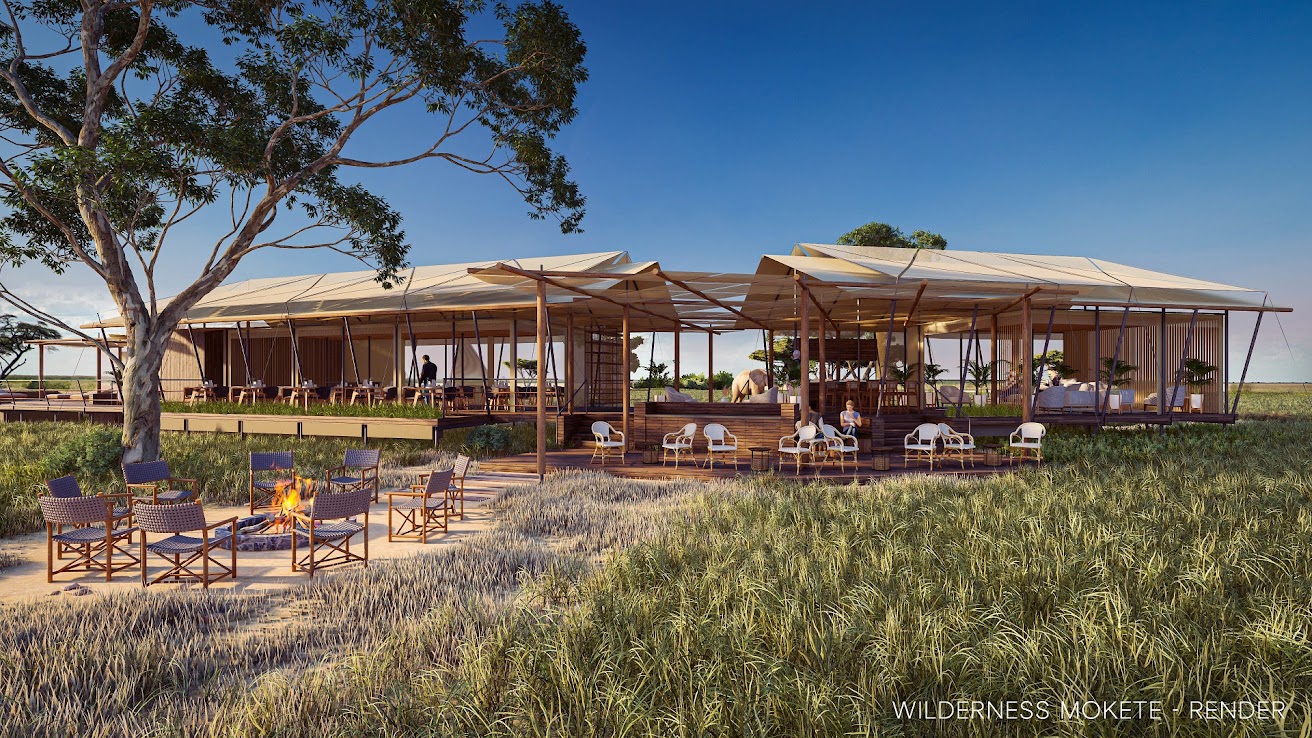
What is something that we can learn from the cultures you work alongside? And what invaluable lessons have you learnt?
Conservation and people go hand in hand; we need to work alongside and respect one another in order to achieve great things together.
What’s something that people can do in their everyday lives to help preserve the environment, no matter where they live?
Education is key, by creating an awareness for and understanding of our local environment and the problems to be resolved, we can then work together towards a solution. Be curious. Ask questions. Participate.
As we’re becoming more eco-conscious travellers, how do you hold the balance between hospitality and conservation?
Hospitality and conservation work together. By bringing guests to enjoy an incredible experience in our wild areas we positively impact communities through lease fees and employment. Successful hospitality enables us to have a greater impact on educational programmes and conservation, and the more guests and partners we involve in our purpose the greater impact we have as a collective in helping protect our wild places.
What’s next for Wilderness?
Our goal is to double the amount of land we help to protect by 2030. We have just opened a new mobile offering in Tanzania, Wilderness Usawa Serengeti, which is one of the first steps we’ve taken towards that expansion goal. We also have some exciting plans in Rwanda for 2024, as well as in Botswana with the opening of Wilderness Mokete, in the Mababe Marsh, which is an area that has never before been used for photographic tourism. Added to that, we’re looking at destinations off the continent of Africa, and will share more details regarding these plans in the months to come.
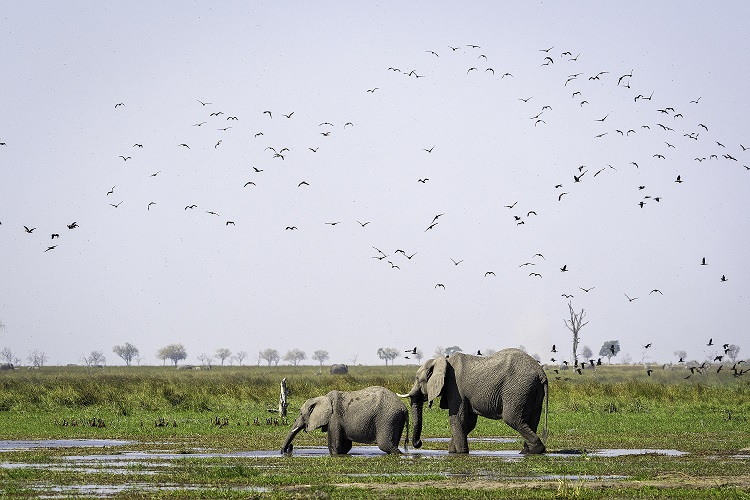
Learn more about Wilderness at wildernessdestinations.com.
words. J. Bibi Cooper















